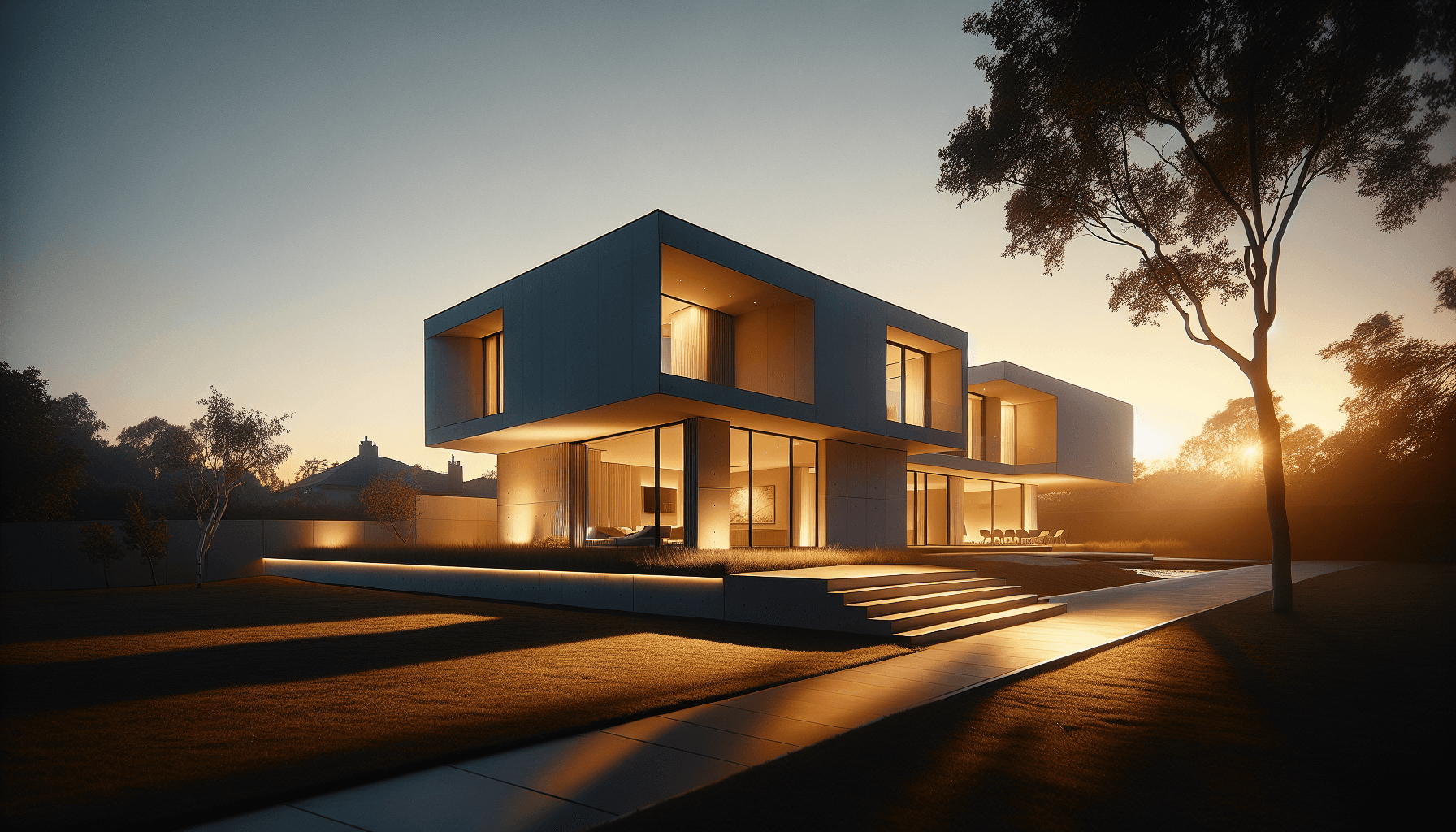What is a Group Home and Who Typically Lives in One?
I've noticed many people have questions about group homes, especially when considering housing options for loved ones who need extra support. Let me walk you through everything you need to know about these unique living arrangements that serve as a bridge between independent living and institutional care.
Group Home: A group home is a residential property where multiple unrelated individuals who require assistance, supervision, or specialized care live together under professional oversight. These homes provide a family-like setting while offering necessary support services to residents who may have physical disabilities, developmental challenges, or other special needs.
Understanding Group Homes in Modern Housing
Group homes fill a critical gap in residential options by creating family-style environments where people can receive professional care while maintaining independence. These properties typically house between 4-12 residents, depending on state regulations and property size. Each home operates with trained staff members who provide round-the-clock supervision and support.
Types of Group Homes
Different group homes serve various populations with specific needs:
Developmental Disability Homes
These residences support adults with intellectual or developmental disabilities. Staff members help with daily living activities, medication management, and social skill development. Residents often participate in day programs or employment opportunities while receiving constant support at home.
Mental Health Group Homes
These specialized facilities focus on supporting individuals managing mental health conditions. They integrate therapy sessions, medication management, and life skills training into daily routines.
Senior Group Homes
Perfect for older adults who need some assistance but don't require nursing home care. These homes offer help with meals, housekeeping, and personal care while maintaining a cozy, residential atmosphere.
Recovery Homes
These properties support individuals recovering from substance use disorders, offering structured environments, peer support, and access to recovery resources.
Who Lives in Group Homes?
Group homes serve diverse populations, including:
Adults with developmental disabilities seeking semi-independent living
Seniors who need minimal assistance with daily tasks
People working through recovery programs
Individuals managing mental health conditions
Legal and Regulatory Framework
Group homes operate under strict guidelines to protect residents' rights and safety. The Fair Housing Act prevents discrimination, while the Americans with Disabilities Act ensures proper accommodations. State-specific regulations govern licensing requirements and staff certifications.
Benefits and Challenges of Group Home Living
Living in a group home offers several advantages:
Regular social interaction with housemates
Lower costs compared to institutional care
24/7 professional support
Common challenges include:
Finding the right fit between residents
Maintaining consistent staffing
Meeting ongoing regulatory requirements
Comparing Housing Options
Group homes differ from other residential care options. Unlike large assisted living facilities, they maintain a more intimate setting. They offer more independence than nursing homes but more support than independent living apartments.
Starting or Finding a Group Home
If you're searching for a group home, consider these factors:
Distance to hospitals and medical offices
Access to public transportation
Safety features like wheelchair ramps and grab bars
Room sizes and common areas
The Future of Group Homes
Group homes continue to adapt with new technologies like smart home features and medical monitoring systems. Care models keep improving to better serve residents' needs while maintaining compliance with changing regulations.
Making Your Decision
Take time to visit several group homes before making your choice. Meet the staff, observe daily routines, and ask current residents about their experiences. Consider both immediate needs and future care requirements.
Ready to Learn More?
Bellhaven Real Estate specializes in group home properties. We understand the unique requirements these properties must meet and can guide you through the selection process. Whether you're looking for a group home for a family member or interested in operating one, we can help you navigate your options.

